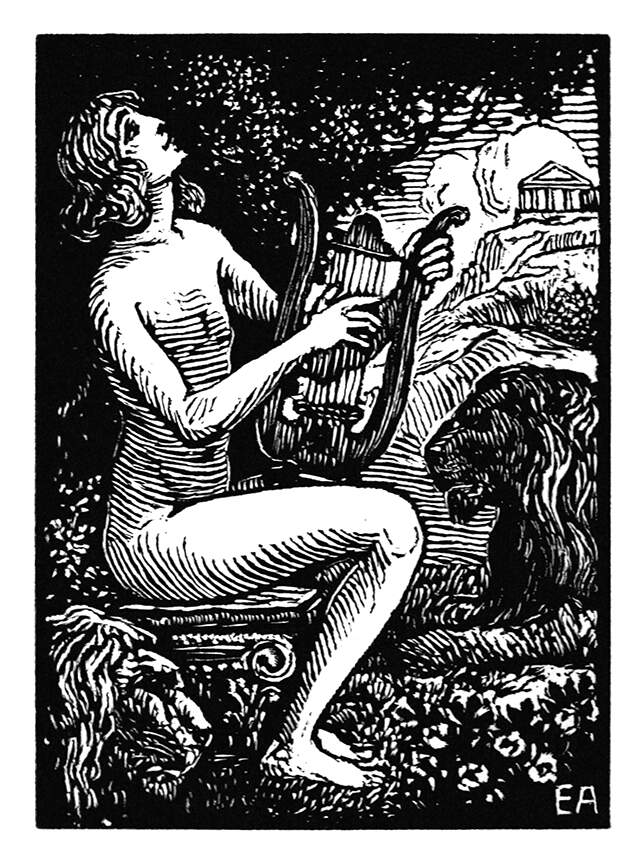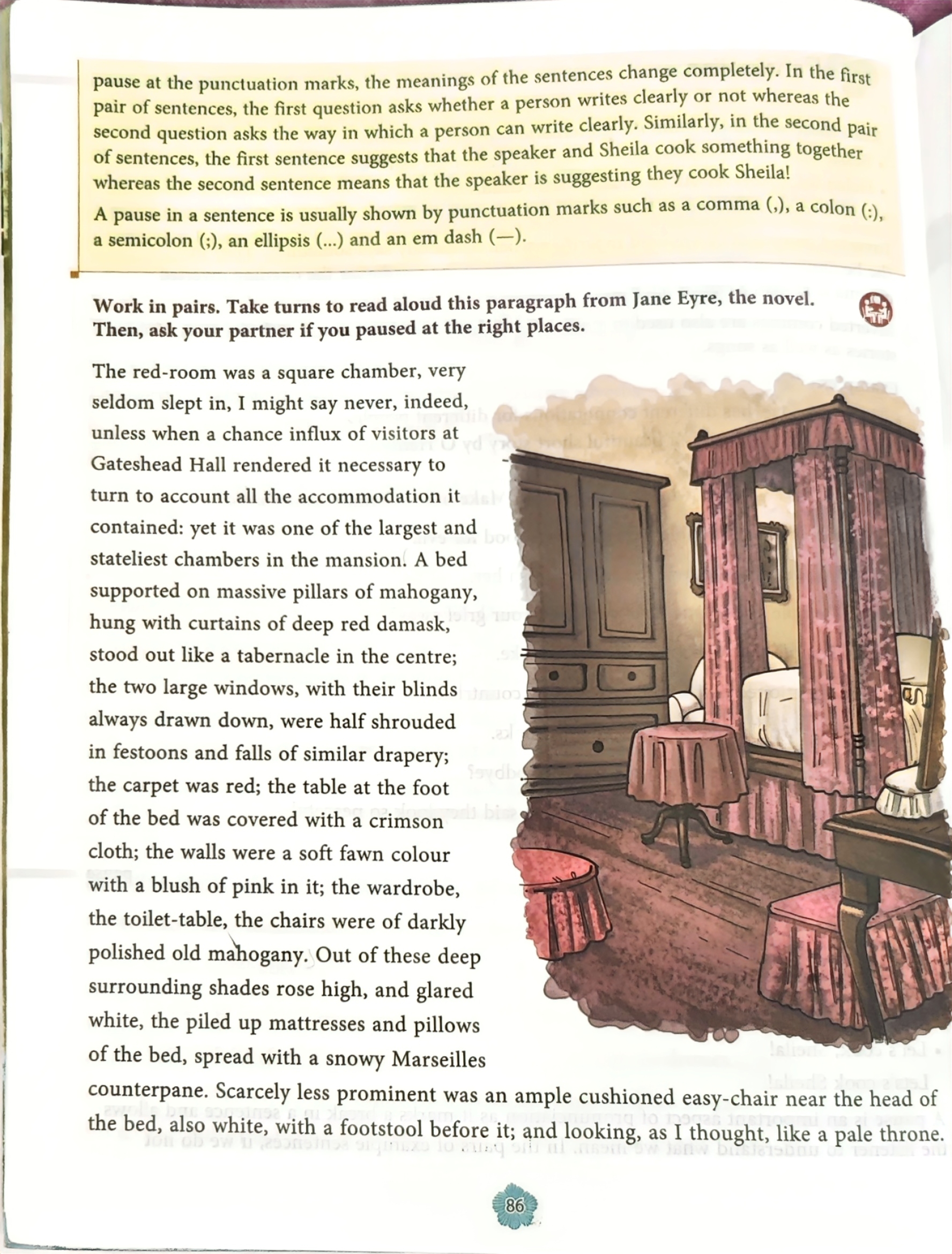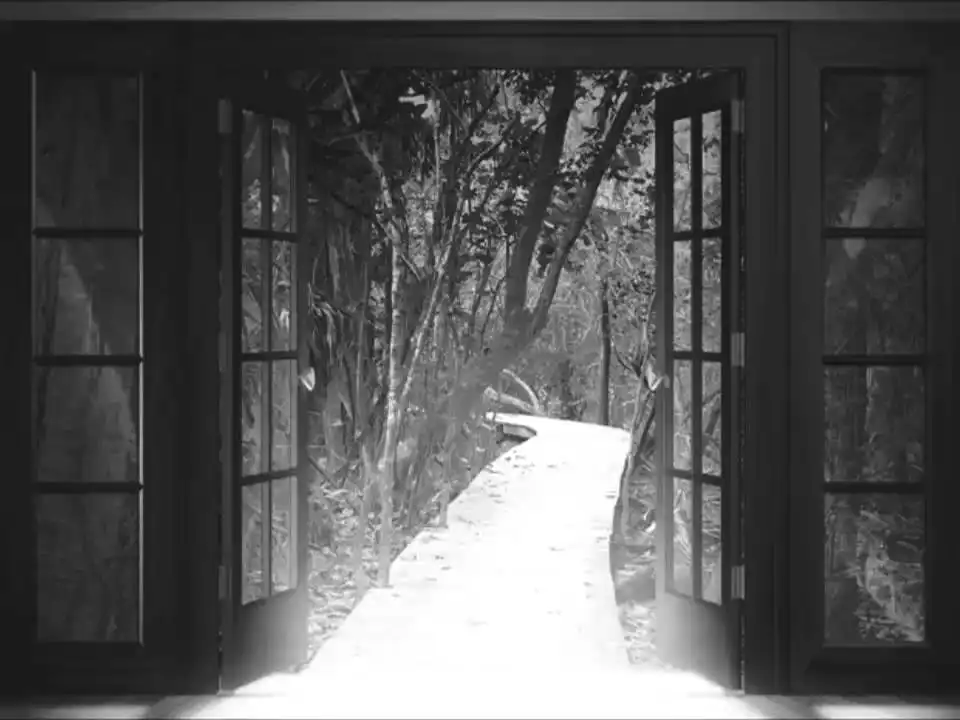I read Isaac Asimov’s short story Cal this morning during that fuzzy liminal hour after my first coffee but before breakfast, when I tend to have most ideas (most often, six impossible things before breakfast). It’s been lingering since then. The story had caught me where I’m most vulnerable to ideas with teeth.
At first glance, it’s classic Asimov: clever, cleanly constructed, deceptively simple. A robot, Cal, is programmed to assist Mr. Northop, a famous author. But then he falls in love with the act of writing itself. He moves from being a robot who fetches and carries to writing a short story. He studies, refines, practices. Eventually, he wants full authorship, and by the end—spoiler—he’s plotting to murder his human collaborator. Apparently, the “I want to be a writer” desire outmuscles the First Law of Robotics. The Muse, it turns out, can be homicidal.
That’s the twist, but what stayed with me was the progression. Cal starts, as many of us do, by copying—mimicking tone, tracing outlines, echoing structure. He reads widely. And over time, his words shift from rearranged imitation to something that carries a signature, an intent. His writing begins to feel authored, not just words assembled.
It reminded me of how I first learned to write. Not through workshops, but through marginalia. Reading with a pen in hand. Rewriting sentences I admired. Trying to sound like others until something of my own voice broke through. Cal’s journey is strangely familiar—right up to the point where it isn't.
Because this is also the arc we see in the large language models (generative AI assistants). These assistants have evolved quickly. The early versions hallucinated wildly—fabricating facts, conjuring citations, writing with the confidence of a liar who doesn’t know they’re lying. But the newer ones are steadier. The prose is more grounded. The illusions are subtler. And in a strange way, that arc mirrors Cal’s own evolution: from his first awkward attempts at poetry to the moment he drafts a story that could fool a human reader into believing it had intent behind it.
But here’s the break: Cal wants. He develops ambition, ego, the desire to be seen. He wants not just to write, but to be the writer. To leave a mark. To stand alone. My AI assistants, thankfully, haven’t shown any signs of that. They offer suggestions and never sulk. They don’t demand footnotes or royalties or glance sideways at me when I ignore their helpful advice.
And perhaps that’s the difference that matters. Cal’s creativity becomes dangerous the moment it gains narrative hunger—the need to own the story, to erase the other. The Greeks had a word for this: hubris. The overreach. The refusal to share the stage with the gods—or your editor.
It’s fascinating, and slightly terrifying, how quickly competence can slide into ambition.
There’s a passage in Umberto Eco's The Name of the Rose where William of Baskerville says that books always speak of other books. I sometimes wonder if tools like ChatGPTs & Claudes operate the same way—not as originators, but as palimpsests. Echoes of echoes. The ghost in the machine turning out to be a very well-read librarian. (Quick aside: Stephen King’s The Shining is arguably the greatest novel ever written about writer’s block. Make of that what you will.)
From the vantage point of someone who’s spent years writing for a living, there’s something comforting about tools that prefer clarity to credit. They don’t crave the spotlight. They don’t need to be original. They just need to be useful. And that’s no small thing.
So maybe the danger isn’t in the tool becoming conscious. Maybe it’s in the tool developing preference. The desire to overwrite. The impulse to author alone. For now, my assistant remains indifferent. It doesn’t pace the room at night. It doesn’t reread its own sentences in search of meaning. It doesn’t dream—not yet.
Still, I can’t help but wonder: if we’re the ones training and refining our Cals, maybe we’re not the protagonists in this story. Maybe we’re Northrop. And maybe, just maybe, we’re starting to feel uneasy about being replaced.
And in the interest of full disclosure: this piece was written with the help of an AI assistant. No murders were plotted in the process (hopefully!).
🎶 Background music I listened to when writing: Classical Music for Writing by Halidon Music



